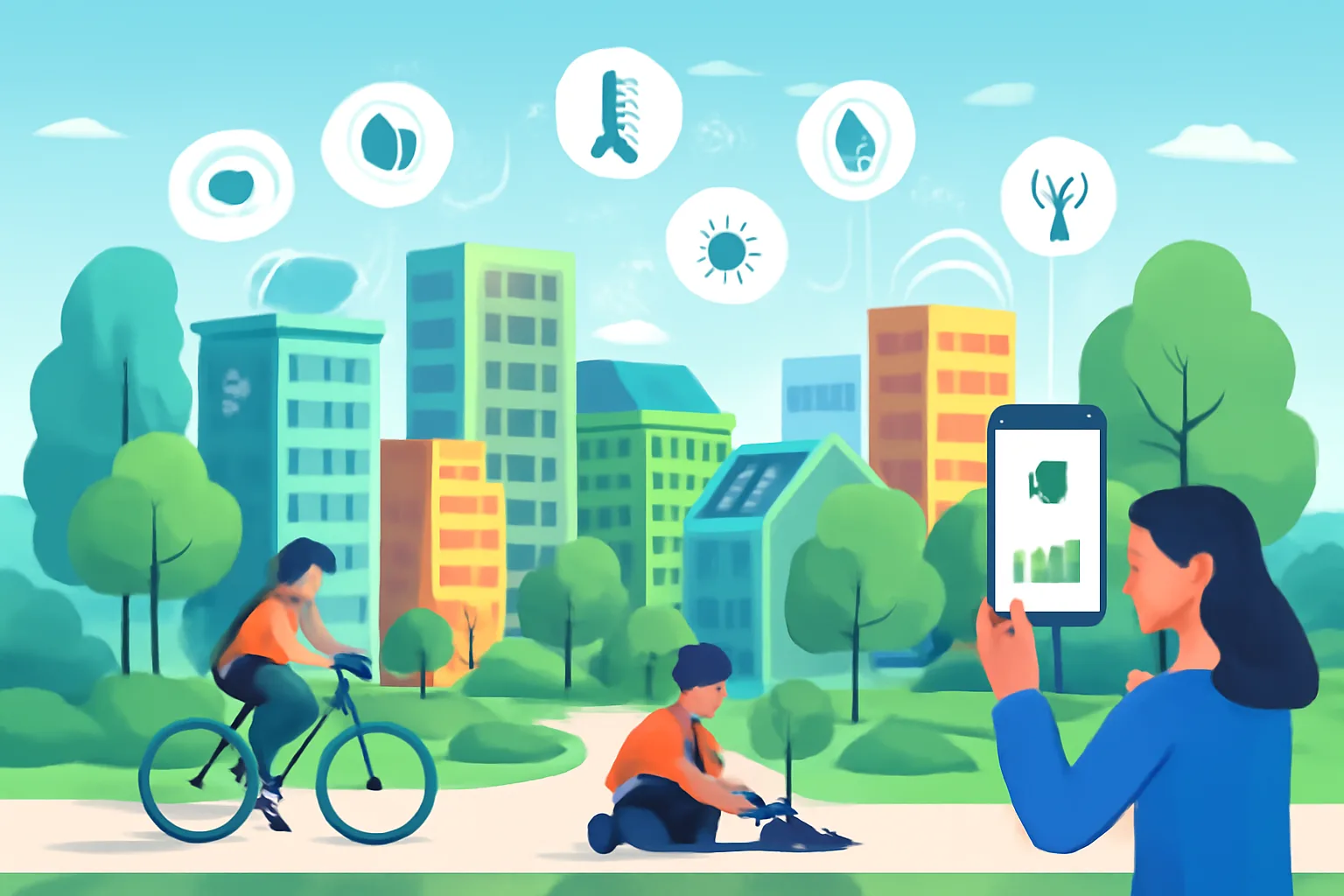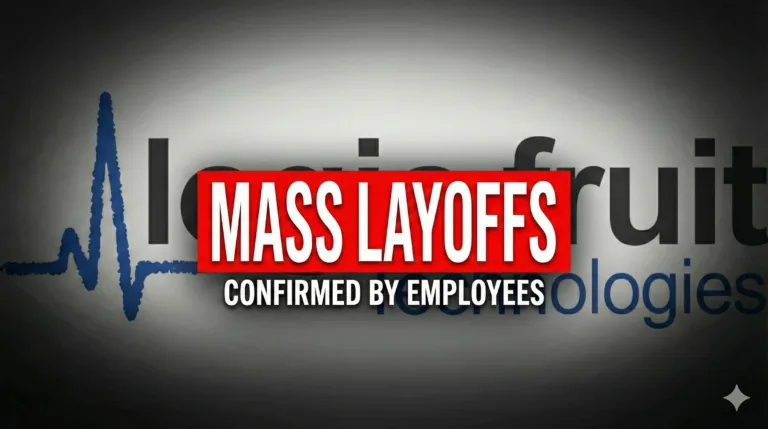What will it take to change how cities fight climate change? The answer may lie in innovative public-private partnerships that transform urban infrastructure from the ground up.
On September 11th, 2025, the major Japanese industrial city of Kawasaki and technology giant Fujitsu announced their joint decarbonization project has received a coveted government subsidy. The funding comes from Japan’s Ministry of the Environment under its “dekokatsu” initiative, a national program designed to promote lifestyles that help reduce carbon emissions. This selection is particularly notable as it makes Kawasaki the first municipality in Japan to receive this specific grant.
The subsidized initiative will use digital technology to promote and visualize citizen-led lifestyle changes. New key initiatives will include a demonstration of the circular economy through the collection and recycling of used clothing at public events, held in collaboration with the local Kawasaki Frontale soccer club.
To quantify the impact of these actions, the project will utilize tools like the “Green Carb0n Club” smartphone app. This will allow citizens to see their individual contributions to CO2 reduction, aiming to encourage sustained behavioral change. The project will run until February 2026, with Fujitsu analyzing the data to help build a sustainable model for the future.
This citizen-focused project is part of a wider, long-term partnership between the two. In their broader collaboration, Fujitsu’s advanced IoT sensors and AI-powered analytics are used to monitor energy consumption across municipal buildings, optimize traffic flow systems, and manage renewable energy distribution throughout the city.
Why This Kawasaki Fujitsu collaboration Matters for Tech and Environment ?
This Kawasaki Fujitsu collaboration highlights the growing intersection between enterprise technology and environmental sustainability. Companies like Schneider Electric and Asahi Kasei are also pushing similar smart city initiatives, creating a competitive landscape that benefits urban populations worldwide.
According to industry experts, municipal technology deployments represent a $127 billion market opportunity by 2027. “We’re seeing unprecedented demand for integrated urban solutions,” said Hiroshi Tanaka, Senior Director at Japan Smart Cities Institute.
The market implications extend beyond Japan. Similar projects are emerging in Singapore, Barcelona, and Toronto, suggesting a global shift toward tech-enabled environmental solutions.
TRENDING
What are my views on this :The conclusion
According to me this partnership between Kawasaki City and Fujitsu represents more than just another smart city project—it will serve like a blueprint for scalable urban decarbonization. The fact that it secured government backing through the dekokatsu subsidy program shows serious institutional commitment
It brings to mind Copenhagen’s ambitious urban decarbonization plan. While the city was a global pioneer with its goal to achieve carbon neutrality by 2025, it ultimately serves as a cautionary tale, as officials announced they would not meet their target due to challenges with carbon capture technology
Looking ahead, I expect we’ll see rapid adoption of these integrated platforms across major urban centers. The combination of AI analytics, IoT monitoring, and renewable energy optimization creates a compelling value proposition that will likely attract more cities and technology partners.
The success or failure of this Kawasaki project could determine whether Japan leads the global urban decarbonization race or falls behind more aggressive international competitors.
What are your thoughts on municipal technology partnerships? Share your experiences in the comments below.
Discover more from WireUnwired Research
Subscribe to get the latest posts sent to your email.




